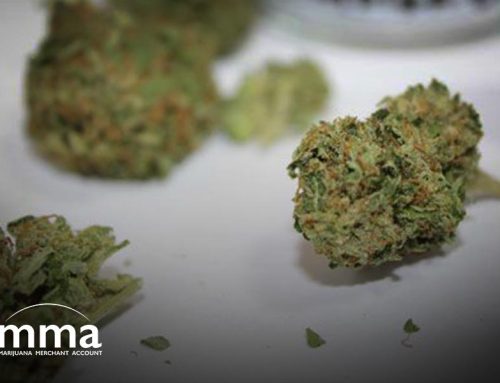The governor of Colorado wrote a letter to the senators behind a bill to federally legalize cannabis asking they first prioritize marijuana banking and tax reforms, in order to safeguard the interests of state-legal markets and businesses.
Gov. Jared Polis (D) made clear he supports the Cannabis Administration and Opportunity Act (CAOA), sponsored by Senate Majority Leader Chuck Schumer (D-NY), Sen. Cory Booker (D-NJ) and Senate Finance Committee Chairman Ron Wyden (D-OR), but believes incremental reforms are also a matter of great urgency that can be more quickly resolved than passing comprehensive legalization legislation.
“I am thrilled that you are bringing forward a long-term, comprehensive solution that deschedules cannabis while enhancing social equity pathways,” Polis wrote. “I hope that you will first focus your efforts on the two biggest barriers to the success of the cannabis industry: banking and IRS Code Section 280E.”
The tax code Polis refers to prevents state-legal cannabis businesses from deducting federal taxes from their revenues, in a way that other industries can do.
The banking barrier to the cannabis industry is the threat of federal interference that inhibits banks from providing financial services to state-legal cannabis businesses. The Colorado governor thinks the Secure and and Fair Enforcement (SAFE) Banking Act would remove this threat and “has more bipartisan support than ever before and can be passed in the short-term as you continue to work on the details of the CAOA.”
The trio of senators sponsoring the CAOA agree the SAFE Banking Act stands a strong chance of passing the Senate, having already cleared the House several times, but Sen. Schumer in particular has made clear he wants to press ahead with comprehensive legalization before piecemeal reforms. Schumer thinks banking reform would only serve to delay the end of federal marijuana prohibition, while cannabis reform advocates argue the measure contains no social equity provisions and would primarily benefit big business.
Polis takes a different view, arguing the existing cash-only model of marijuana businesses is a public safety issue as dispensaries are “targets for crime” and at a disadvantage compared to businesses in other industries since they can’t easily take out loans at reasonable rates.
“The cannabis industry is simply too large to be prohibited from banking opportunities, and the Senate must remedy this harm by bringing this measure up for a vote in the Senate Committee on Banking, Housing, and Urban Affairs immediately,” Polis wrote.
“Similarly, the cannabis industry has been stymied by 280E, which prevents these businesses from taking business-related deductions associated with the sale of cannabis,” the governor continued. “Congress must swiftly act to pass any measure, a number of which have been introduced in past sessions, to make an exception for legal cannabis businesses from 280E. While the CAOA would address this issue by descheduling cannabis, a narrow measure focused on relieving cannabis businesses from the detrimental effects of 280E would expeditiously solve this problem.”
Gov. Polis’ letter was prompted by the public comment period opened up by the senators behind the CAOA to receive input and feedback on the proposal.
Polis also took the opportunity to criticize what he think is an onerously high federal tax rate under the CAOA and to assert that federal legalization mustn’t unduly affect states’ right to “retain their regulatory authorities” over its marijuana market.
“It is critical that the tax level is not so cost prohibitive that it undermines the federal legal cannabis systems both already in place and being developed in emerging regulated cannabis states,” Polis added.












